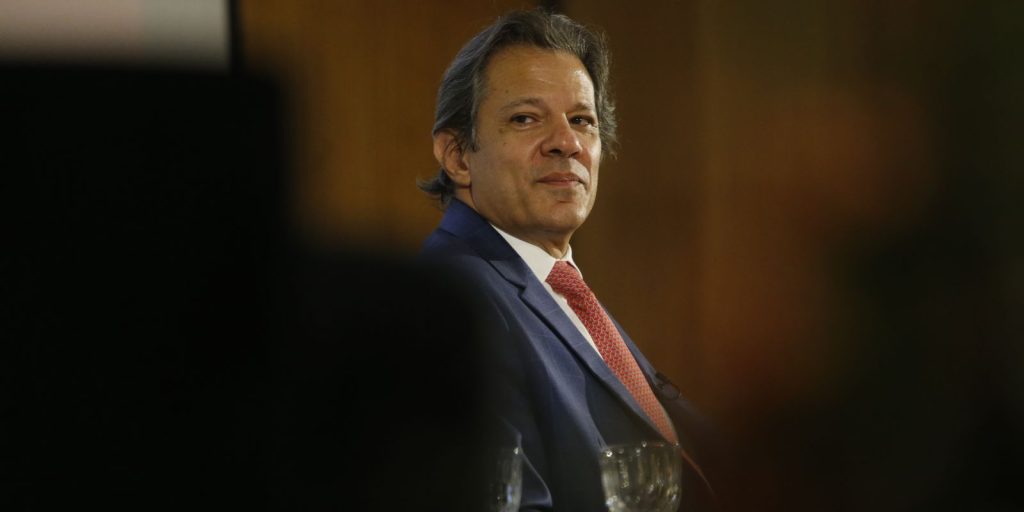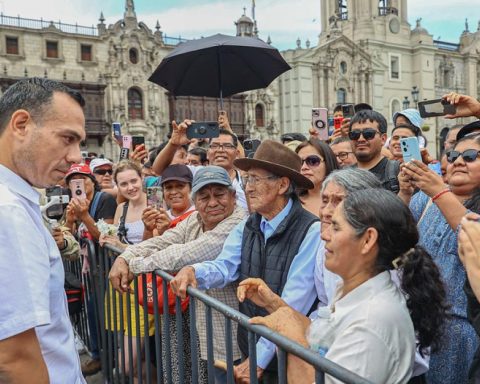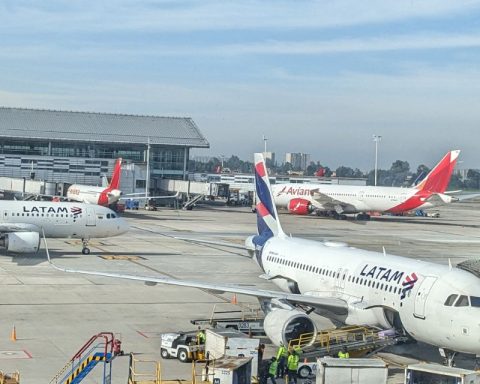Holidays in Colombia were established in Law 37 of 1905, which established as “the precept of keeping the holidays established by the Church is mandatory, and its provisions must be brought into harmony with the needs of the people.”
(Join our WhatsApp channel here and receive all the economic information from Colombia and the world).
Initiallymost of these holidays had a religious charactersuch as Holy Thursday and Good Friday, however, today there are others that are related to national history, the Battle of Boyacá and the Independence of Colombia being some of them. Likewise, there are days that are commemorated internationally.
Then, It was with Law 51 of 1983 that some of the holidays became remunerated by employers.
“All workers, both in the public and private sectors, have the right to paid rest on the following civil or religious holidays: January 1, January 6, March 19, May 1, June 29, July 20, August 7, August 15, October 12, November 1, November 11, December 8 and December 25, in addition to Holy Thursday and Good Friday, Ascension of the Lord, Corpus Christi and Sacred Heart of Jesus” says the rule.
To these standards, is added the Emiliani Lawin which it was stipulated that 10 of the 18 holidays in the country be moved to the following Monday on the calendar if their original date falls between Tuesday and Sunday. It was thanks to this initiative of the former minister and conservative senator Raimundo Emiliani Román that today Colombians enjoy the so-called ‘bridges’.
(See: Be careful! These are the workers who will not receive bonuses in December).
Afterwards, in el article 179 of the Substantive Labor Code was sent: “It will be paid with an extra of 75% over the normal salary, according to the hours worked”.
For years, Economists have criticized the holidays, some because they consider that it is merely a religious issue, while others have stated that these affect the productivity of companies.
Recently, the debate has reopened in the midst of discussions about labor reform; many believe that this point should enter the discussion.
In this regard, Portafolio compiled several opinions from various sectors.
For employers, specifically businesses dedicated to manufacturing, having to pay workers extra money these days for working increases costs and proves to be a financial burden.
Rosmery Quintero, who was president of Acopi, He stated in an interview with the newspaper Week A few months ago: “Holidays have surcharges that, if they are eliminated, we would have more working days under normal conditions, which would serve the business sector.”
However, Quintero indicated that The decision would affect the tourism sector, that benefits from these days in which Colombians decide to take trips.
(See: Can an employee request vacation if they have been working at your company for less than a year?).
On this same path, Paula Cortés Calle, executive president of the Colombian Association of Travel and Tourism Agencies (Anato) He told EL TIEMPO, also a few months ago, that, “Traditionally, festive long weekends have been an important driver of tourism, and even travel agencies design tourist packages to tour Colombia and take advantage of the fairs and festivals in the different municipalities.”
For its part, the professor of the Faculty of Economics of the University of the Andes, Óscar Becerra, told Portafolio that “Eliminating holidays is not the solution to the problem. The idea of productivity is that we are able to do more with the same resources and that is where we are failing. Before we focus on changing the time we spend working, we should focus on how to make that time as useful as possible.”.
“Colombia is a country with a high number of holidays, but it is also a country with a considerably longer weekly working day than other OECD countries. And although we work more, we are not more productive,” Becerra added.
As the teacher mentions, among the members of the Organization for Economic Cooperation and Development (OECD), which integrates some of the most advanced economies in the world, by 2022, Colombia positioned itself at the top of the list of countries where the most hours are worked annually, reporting a total of 2,405.
(See: Are you measured?: They are looking for a couple who wants to live for a year on a private island).
For its part, the professor of the Faculty of Economic and Administrative Sciences of the Jorge Tadeo Lozano University, Edgar Jiménez, considers that thinking about a holiday elimination project is unlikely at this time “in which a labor reform that benefits workers is being considered and it has even been said that the working day will be progressively reduced.
“Productivity does not mean working more and having more working hours, it is the opposite: it is about doing the task much better with the same resources, that is, using less time, it means doing it in the shortest time, working more days does not guarantee productivity “adds Jiménez.
“We have to keep the holidays, because we are not machines that work, we can also do other activities, which are necessary,” concludes this expert.
(See: These are the largest startups and undertakings in Colombia).
PORTFOLIO


















